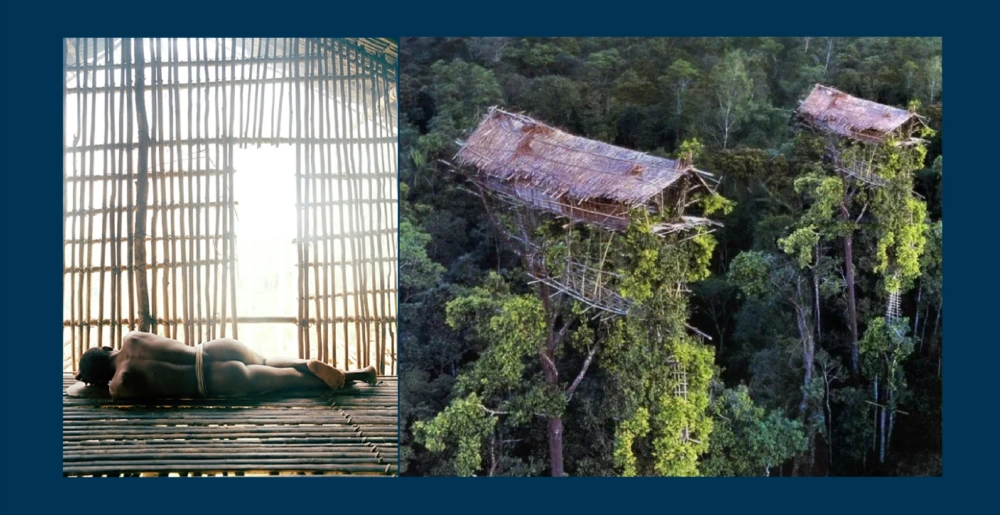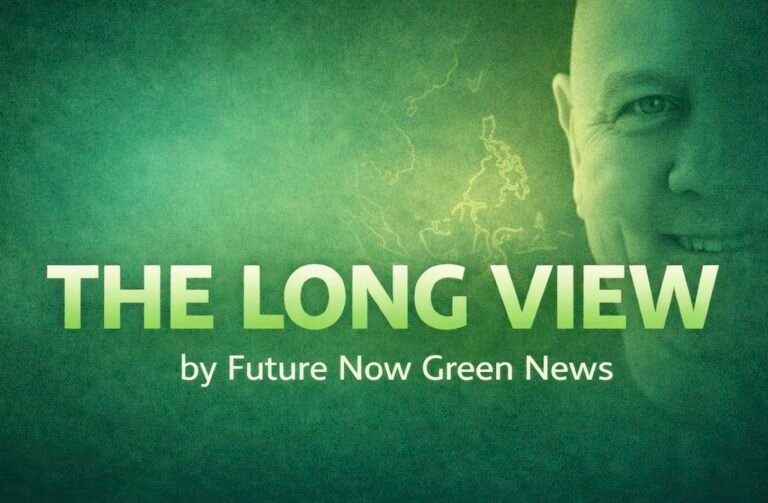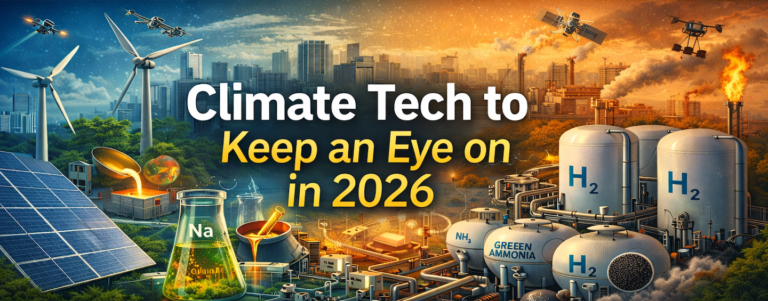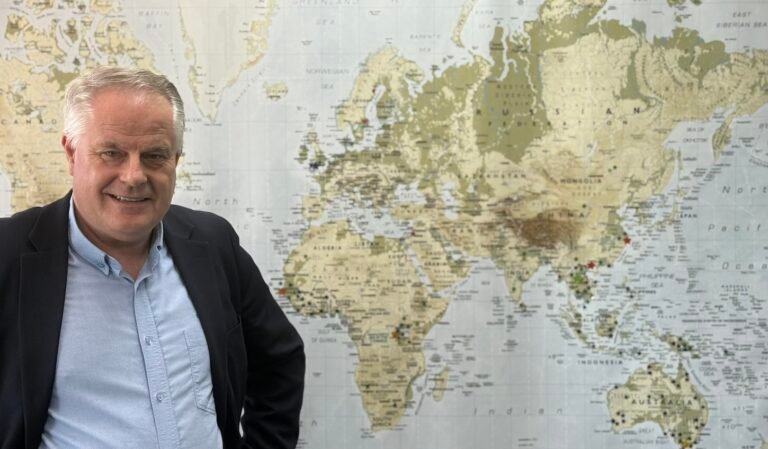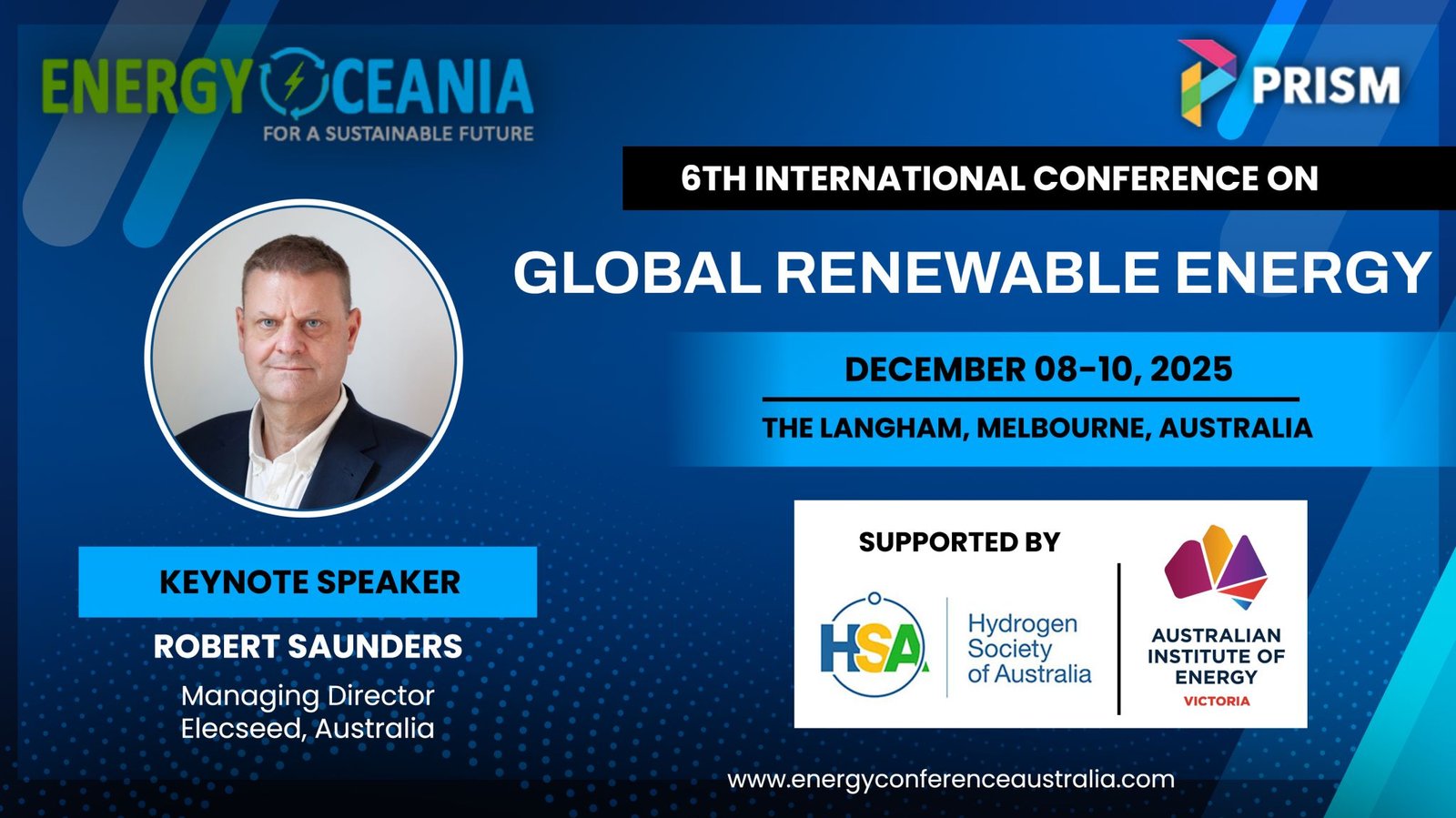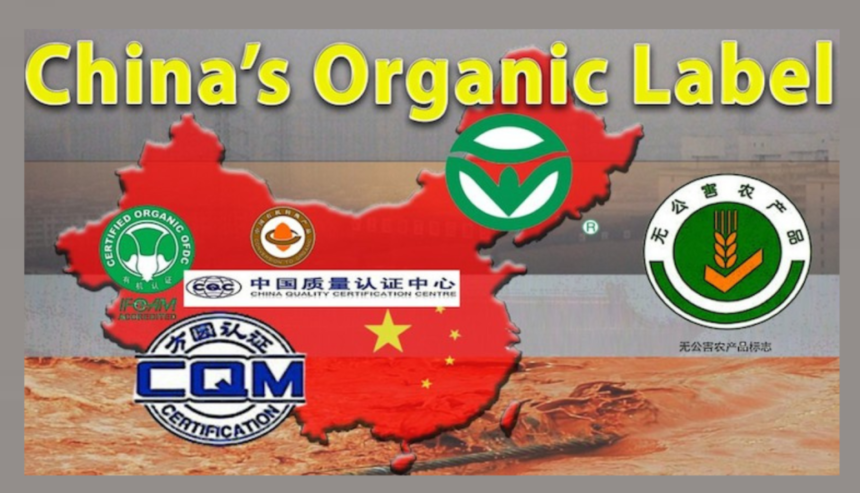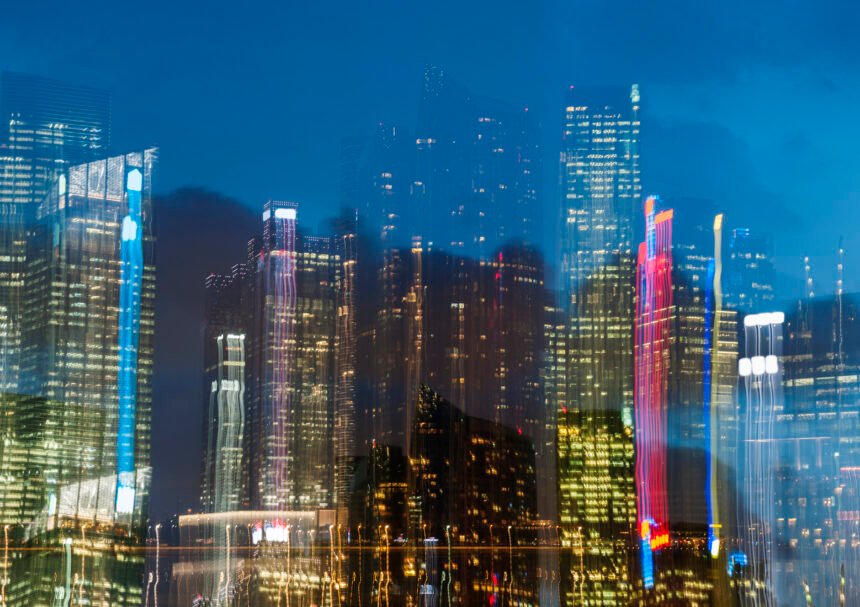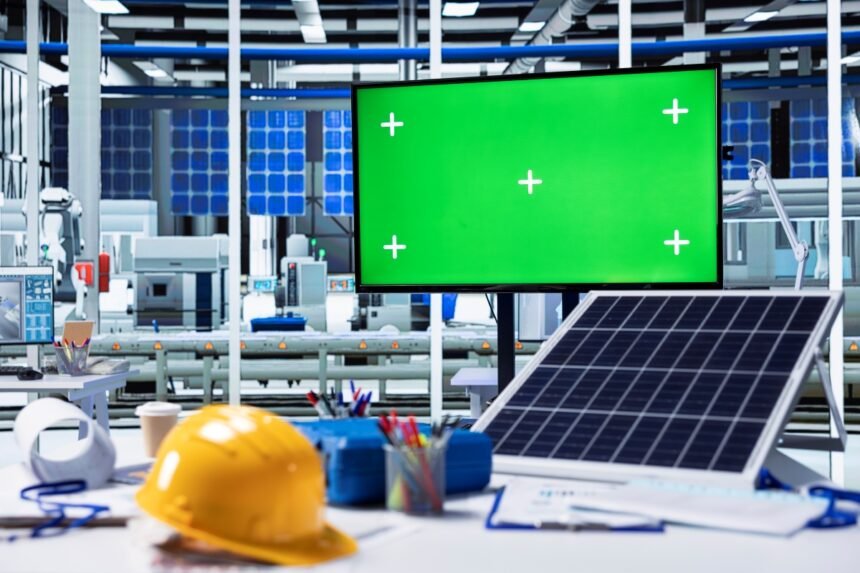Let 2025 Indonesia Prolegnas Bill and 2026 COP31 be significant years of legal change and respect for Indigenous Communities in the 21st Century.
Images: Ellyn Kail Kombai hunter at rest in their tree house 30-40 meters above forest floor to avoid dengue and malaria carrying mosquitos.
Threats of deforestation from Palm Oil plantations, modern outside diseases, and destruction of their cultural heritage are what’s at risk. The very remote 3,000 to 4,000 Kombai Melanesian Tribe people in Western New Guinea, Papua Indonesia, are the few remaining untouched surviving hunter-gatherer societies globally – 100 in the Amazon, Papua and Southeast Asia regions – practicing Sustainable Living in harmony with nature and sustainable resource use, Resilience and Adaptability having survived challenging environments for millennia, and Cultural Diversity of unique languages, traditions, and knowledge systems.

Image Credit and Article: Mongabay. Kombai community building homes from surrounding sago plams and trees.
The expansion of palm oil plantations and logging activities encroach upon their ancestral forests, jeopardising their primary food sources and cultural practices. Community members have expressed concerns over land conversion, emphasizing that the loss of forests equates to the loss of their way of life.
The Kombai people are a resilient and industrious community striving to sustain their traditional way of life in the harsh, humid conditions of the rainforest for millennia. While the men spend their days hunting pigs and other forest animals, fish, collect larvae of beetles and plants, and fell Sago palms, the women skillfully process the sago pulp—forming the staple of their diet and central to their cultural survival. Kombai host an annual Sago Festival, inviting neighboring tribes to share their food, albeit without a shared spoken language.
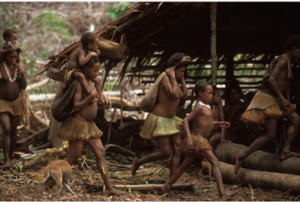
Image Credit : Anders Ryman
Indonesia 2025 ‘Prolegnas’ Bill to Protect Indigenous People
The government’s Indigenous Peoples’ Prolegnas bill – Indonesia’s 2025 Priority National Legislation Program – has been14-years in the making to grant legal rights of land and natural resources to Indigenous communities. In 2025 it could finally become a reality. The Bill would provide for greater social, economic and political participation by Indigenous people on the national level while providing a mechanism to resolve conflicts.
In 2007 Indonesia signed the United Nations Declaration on the Rights of Indigenous Peoples (UNDRIP). Unfortunately, many provisions of UNDRIP have yet to be concretely implemented in national regulations.
The Kombai people will stand to benefit from the Indigenous Peoples Bill (RUU Masyarakat Adat), which has been included in the Prolegnas Bill.
Amplify 2026 COP31 Indigenous Rights Voices
2026 COP31 could change their trajectory of extinction by advocating protected reservations.
Australia + Pacific, and Türkiye are bidding for the 2026 United Nations Climate Conference (COP31). Indigenous and Community Engagement makes up 6 anticipated COP31 themes emphasising the role of Indigenous knowledge and community-led initiatives in climate action and fostering inclusive participation in policy-making processes.
While the Kombai themselves have not participated in COP meetings, Indigenous voices have gained increased recognition in recent years. For instance, at COP16 in 2024, a significant development was the establishment of a Permanent Subsidiary Body on Article 8(j). This body aims to amplify Indigenous participation in biodiversity-related decision-making and monitor commitments to preserve traditional knowledge
The lack of direct Kombai representation at COP meetings highlights systemic barriers—such as language, infrastructure, and political marginalization—that exclude remote Indigenous communities from global climate discourse, prompting growing calls for inclusive mechanisms, translation support, and capacity-building to ensure their voices are heard in international climate policy-making.
While West Papua Liberation Organization (WPLO) has been active in promoting the rights of Indigenous Papuans at UN forums, including the Permanent Forum on Indigenous Issues. However, their focus is more on political self-determination and human rights rather than direct participation in climate change negotiations.
More Reading:
KONBAI TRIBE en-academic.com
COP16 – .fscindigenousfoundation.org, weforum.org

